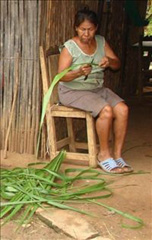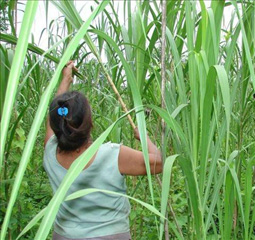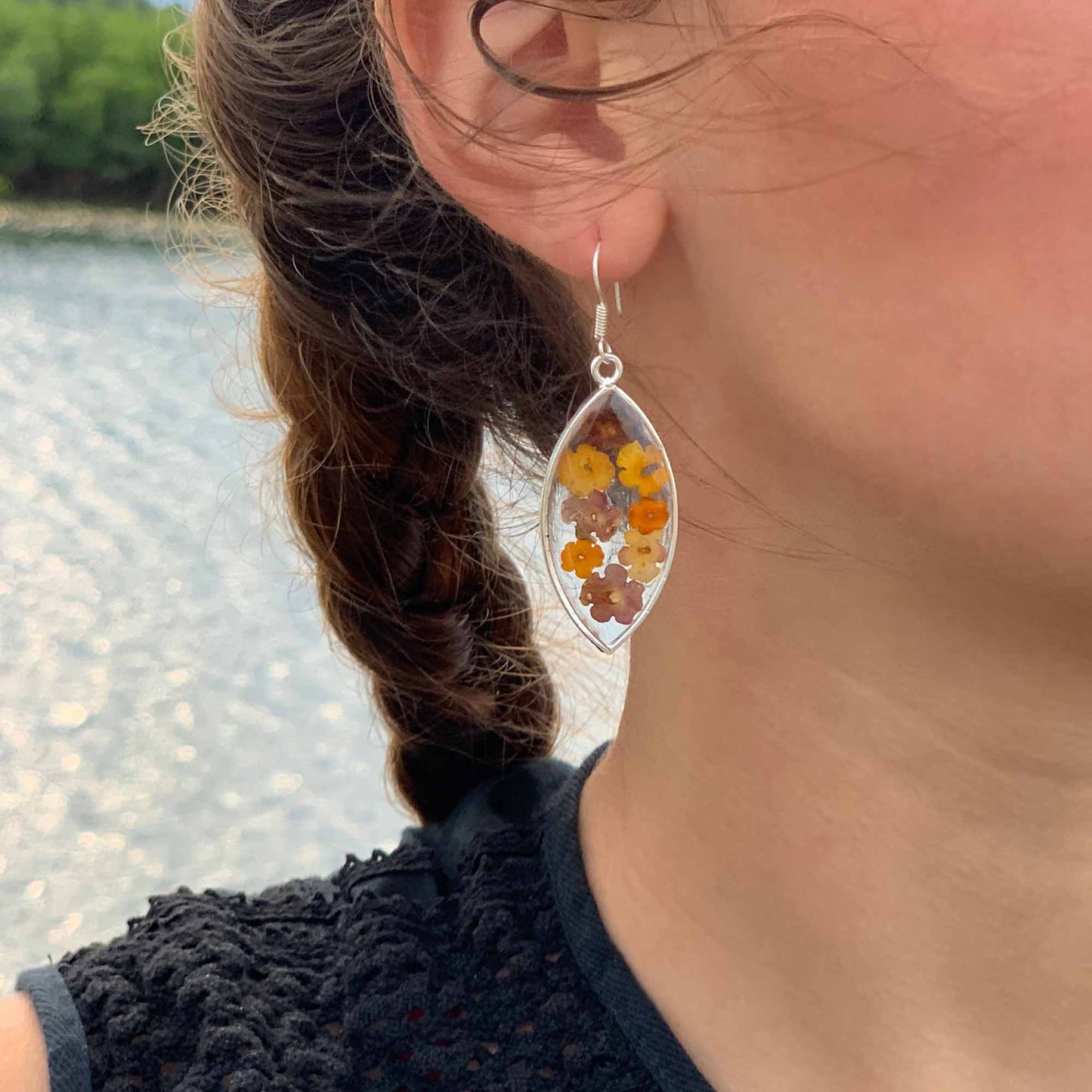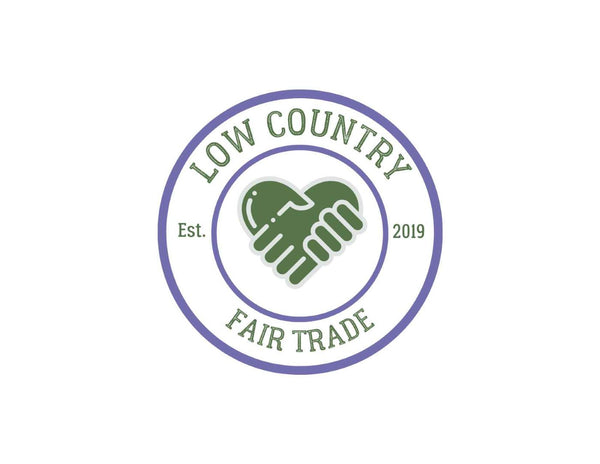Global Crafts
Pendientes Elipse Flores en Resina
Pendientes Elipse Flores en Resina
No se pudo cargar la disponibilidad de retiro
Con flores secas reales, estos aretes translúcidos ofrecen una belleza única a cada pieza. Cultivadas en los campos de la región de Taxco en México, estas flores en miniatura se recolectan a mano y se conservan permanentemente en resina rodeadas de un engaste de plata de alpaca por mujeres artesanas en México. Las propiedades naturales de las flores reales proporcionan un aspecto único a cada pieza.
- Los pendientes miden 2,25 pulgadas de largo por 0,75 pulgadas de ancho.
- Ganchos de plata de primera ley.
- Las flores se secan y luego se conservan para siempre en resina transparente de alta calidad, lo que le da a la joyería una apariencia vibrante y duradera.
- La naturaleza hecha a mano de cada pieza puede provocar ligeras diferencias en el color y la composición reales de las flores.
La historia detrás del arte:
Reconocido por su rica historia y belleza del Viejo Mundo, Taxco, México, es conocido por su magistral arte en plata, utilizando plata esterlina o plata de alpaca de alta calidad. La Colección Artisana representa el trabajo de múltiples artistas en esta famosa región de México, ofreciendo una amplia gama de estilos, desde los tradicionales hasta los más caprichosos, utilizando hermosos materiales naturales como concha de abulón, nácar, flores, plata de alpaca y plata esterlina. , oro tumbaga y más para crear piezas únicas.
Share
About the Artisans
About the Artisans
 Joyeria Semilla meaning Seed Jewelry is a small fair-trade workshop in the Andean town of Villa de Leyva, Colombia. Girasol Taborda, a local artisan and social entrepreneur, started the workshop in the mid-1990s.
Joyeria Semilla meaning Seed Jewelry is a small fair-trade workshop in the Andean town of Villa de Leyva, Colombia. Girasol Taborda, a local artisan and social entrepreneur, started the workshop in the mid-1990s.
Joyeria Semilla’s objective is three-folds; to create new jobs, revive Colombia's handicrafts sector and to motivate locals to better manage their natural resources. The organization works primarily with socially and economically disadvantaged youths, single mothers and people with disabilities in the area. The company offers free training in product design, technical training and marketing to new members. Joyeria Semilla has trained them in the craft of jewelry-making.

Caña Flecha or “Gynerium Sagittatum” is a locally found palm tree in the regions of the Caribbean coast. The leaves from this plant are used for making jewelry, woven hats, bags and baskets. The Zenú Indians were and their descendants inherited the tradition of picking veins of the green palm leaf for weaving. These veins were made into woven hats and other products for their personal use.
The Zenú culture is said to have existed between 200BC to1600AD. With the arrival of the colonizers in the 16th century, the indigenous community declined of unknown reasons. Today a very small population remains that claims the inheritance of the almost extinct Zenú tribe. Known for their skills in the construction of major waterworks, canals and irrigation system along with being skilled goldsmiths, examples of their accomplished craftsmanship are found in various museums around the world. Their larger means of subsistence were hunting, farming, fishing and trading.
Caña Flecha is found in abundance in the region, and hence makes for a sustainable and naturally available raw material for these products. Every bit of the plant is utilized – from using in building walls and roofs in houses to food for cattle and medicinal purposes. It is from the central vein of the leaf that the fibers for weaving are obtained. After the hard surface is peeled off, the fibers are left in the sun to dry and undergo a natural tinting process; these fibers are barely about 1 millimeter in thickness and hence call for a lot of skill and patience to weave with. The dried fibers are then processed for natural coloration - some are boiled with lemon to whiten them and some are treated with mud and boiled with plantain leaves to blacken them. The designs are based on ancient motifs and mathematical representations, which are inspired by the early Zenú culture.






